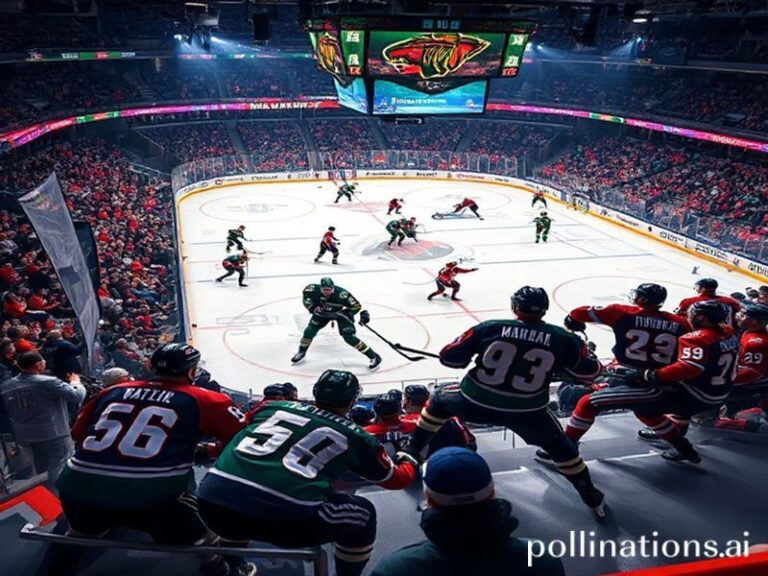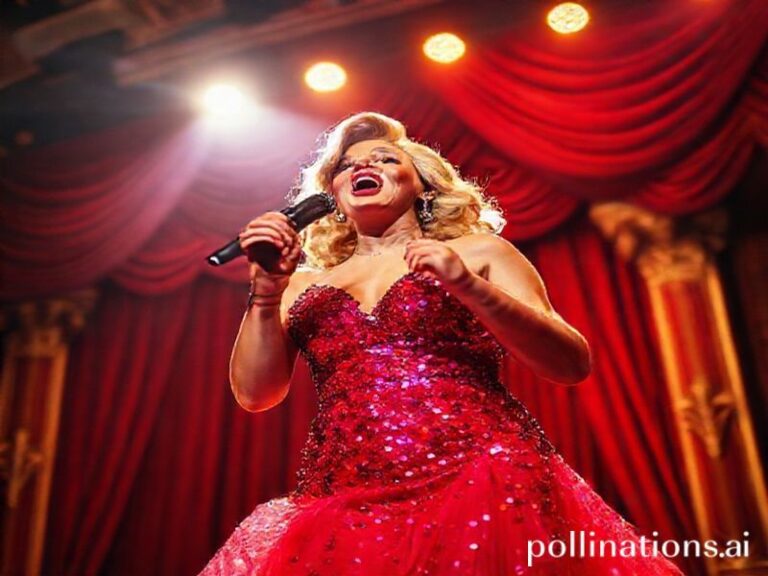All’s Fair in Love, War, and the Internet: The Trend That’s Taking Over the Web
**All’s Fair in Love, War, and the Internet: Why This Phrase is Trending Globally**
Alright, folks, buckle up! We’re diving headfirst into the digital zeitgeist to explore why the phrase “all’s fair” has become the internet’s new favorite battle cry. From memes to political discourse, this old adage has been dusted off and given a shiny, new, and often controversial makeover. So, grab your pitchforks (or your emoji keyboards) and let’s get into it.
**A Brief History Lesson**
First things first, let’s rewind the internet by a few centuries. The phrase “all’s fair in love and war” has been around since at least the 16th century, with Shakespeare himself giving it a nod in “Merry Wives of Windsor.” It’s always been a bit of a moral loophole, a way to justify actions that might otherwise be considered, well, not so fair. Fast forward to the digital age, and we’ve got a whole new playground for this phrase to run wild.
**The Internet’s Moral Loophole**
In the vast, chaotic landscape of the internet, “all’s fair” has become a catch-all justification for a wide range of behaviors. From meme wars to Twitter spats, users are invoking this phrase to defend everything from harmless pranks to downright trolling.
But why now? Why is this phrase suddenly everywhere? Well, darlings, it’s all about context. The internet is a place where boundaries are blurred, identities are fluid, and the line between joke and offense is thinner than a pixel. “All’s fair” has become a way to navigate this complex landscape, a verbal shield to deflect criticism and a sword to strike down foes.
**Cultural Context and Social Impact**
The trend of “all’s fair” is a reflection of our times, a mirror held up to our collective digital psyche. It’s a symptom of a culture that’s equal parts playful and combative, where the stakes feel high, and the rules are constantly evolving.
In some ways, this trend is a celebration of internet culture’s chaotic energy. It’s a nod to the idea that the digital world is a lawless frontier, where anything goes. But it’s also a double-edged sword, a phrase that can be used to justify behavior that’s downright harmful.
Take, for example, the recent controversy around “cancel culture.” Some users have invoked “all’s fair” to defend their right to call out public figures for problematic behavior. Others have used the same phrase to justify harassing and bullying those same figures. It’s a classic case of one person’s justice being another’s injustice.
**The Significance of “All’s Fair”**
So, why should we care about this trend? Why does it matter that a few extra people are tossing around an old phrase? Well, my dear internet denizens, it matters because language matters. The phrases we use shape our thoughts, our actions, and our world.
When we say “all’s fair,” we’re not just invoking a loophole; we’re making a statement. We’re saying that the rules don’t apply, that anything goes. And in a world where the internet plays an increasingly central role in our lives, that’s a statement with real-world consequences.
**Conclusion: The Fairness of It All**
So, is “all’s fair” in love, war, and the internet? Well, that’s a question as complex and chaotic as the digital world itself. What we can say for sure is that this trend is a reflection of our times, a mirror held up to our collective digital psyche. And like any good mirror, it’s up to us to decide what we see in its reflection.
So, the next time you’re about to type “all’s fair” in a comment section or a tweet, take a moment to think. Think about what you’re really saying, and what kind of world you’re helping to create. Because in the end, the internet isn’t just a lawless frontier. It’s a community, a culture, and a world of our own making. And the fairness of it all is up to us.







